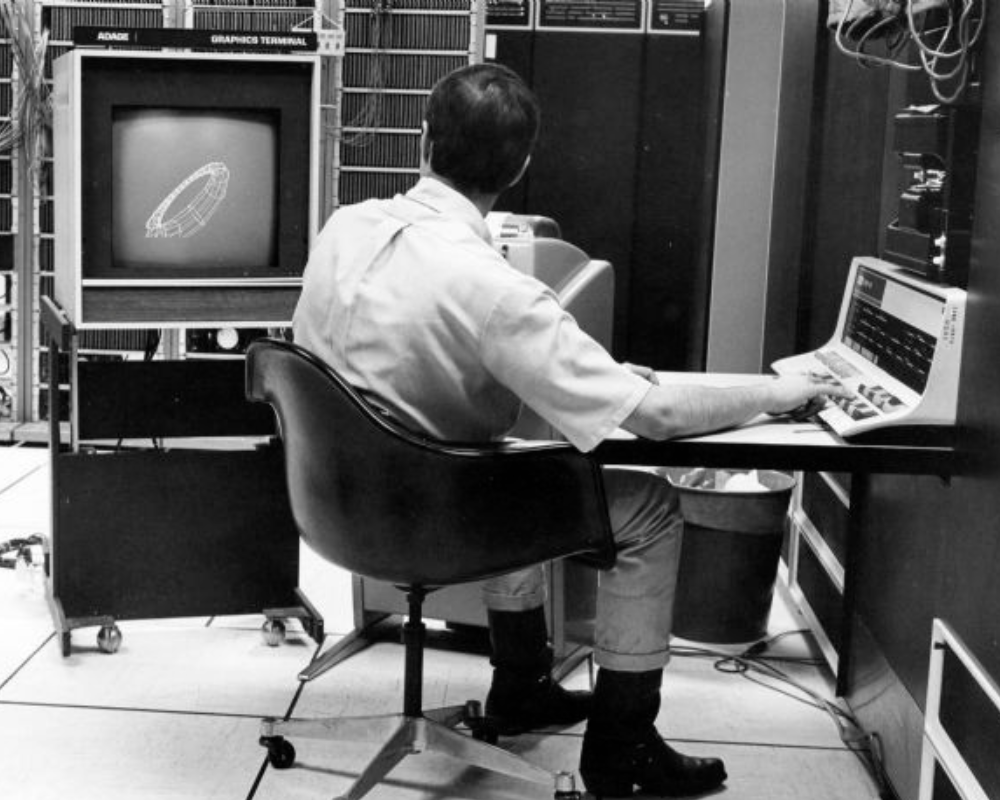November 7, 2024 By: JK Tech
In October 1969, an ordinary day that didn’t seem particularly noteworthy, two young engineers, Charley Kline, and Bill Duvall, were on the verge of a significant technological breakthrough – one that they could not have predicted would become so transformative. On that day, they were conducting an experiment, a simple test, which would eventually lay the foundation for what we now refer to as the Internet.
Their project, known as Arpanet, was a groundbreaking initiative backed by the U.S. Department of Defense. The aim was to create a new type of network where computers could connect directly, bypassing the need for traditional phone lines. This idea of “packet switching” – sending data in separate packets that could be reassembled at the destination, was revolutionary at the time. No one had ever tried it on this kind of scale, and it marked a bold shift in how people thought about communication.
For their first attempt to send a message over Arpanet, Kline typed the word “LOGIN” at his UCLA terminal to connect with Duvall at the Stanford Research Institute. But mid-transmission, the system crashed. Only two letters made it through: “LO.” Not exactly an inspiring message, but it was a start! They didn’t let that failure stop them; within an hour, they had the system back up, and this time, “LOGIN” went through successfully.
Of course, no one back then could see the historical weight of that moment. It was just a test, a tiny milestone in a government project. But now, looking back 55 years later, it’s hard to believe how that simple connection evolved into the vast, global internet we know today, a network that reaches billions, transforming how we work, learn, socialize, and even entertain ourselves.
The internet’s growth has been astonishing, especially in how it’s empowered people to access information, connect with one another, and spark global conversations. Entire industries have been born in the Internet era, from online shopping to social media. It’s allowed researchers, creatives, and entrepreneurs to break through geographic boundaries and work together like never before.
But, of course, it’s not plain sailing all the time. The internet has also posed some quite serious challenges though. Misinformation, privacy issues, cybercrime or any other malicious practices have all emerged along the way and the situation is still evolving. These issues need to be addressed if the internet is to remain a force for good as we move doggedly forward in this digital era.
This is precisely the story every child should hear as it offers an important lesson: history is often made on the back of tiny forgettable events. Those two letters, “LO,” might not seem like much, but they sparked an evolution in how we interact as humans.
There is wisdom in understanding the past. While looking into the future, it is imperative to remember that the internet is a tool after all. It is only effective in the context of its correct applications. Thus, as long as we promote the right use and advance the education of the people and the need for the proper policies which will guarantee our rights and freedoms, we will be able to protect the internet as a positive influence in our society.



